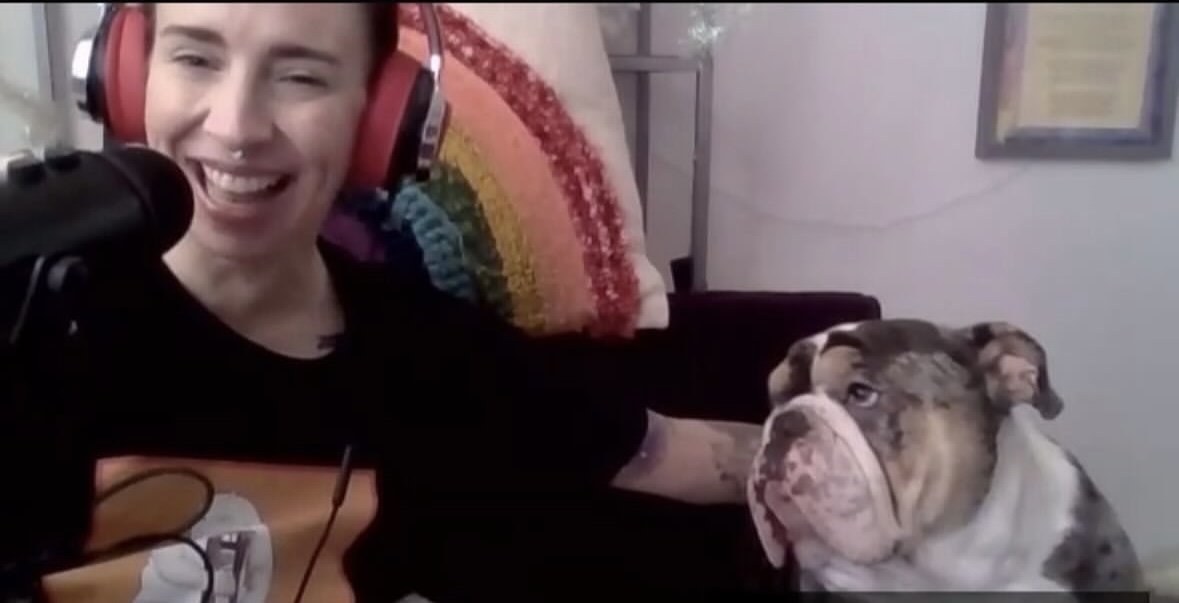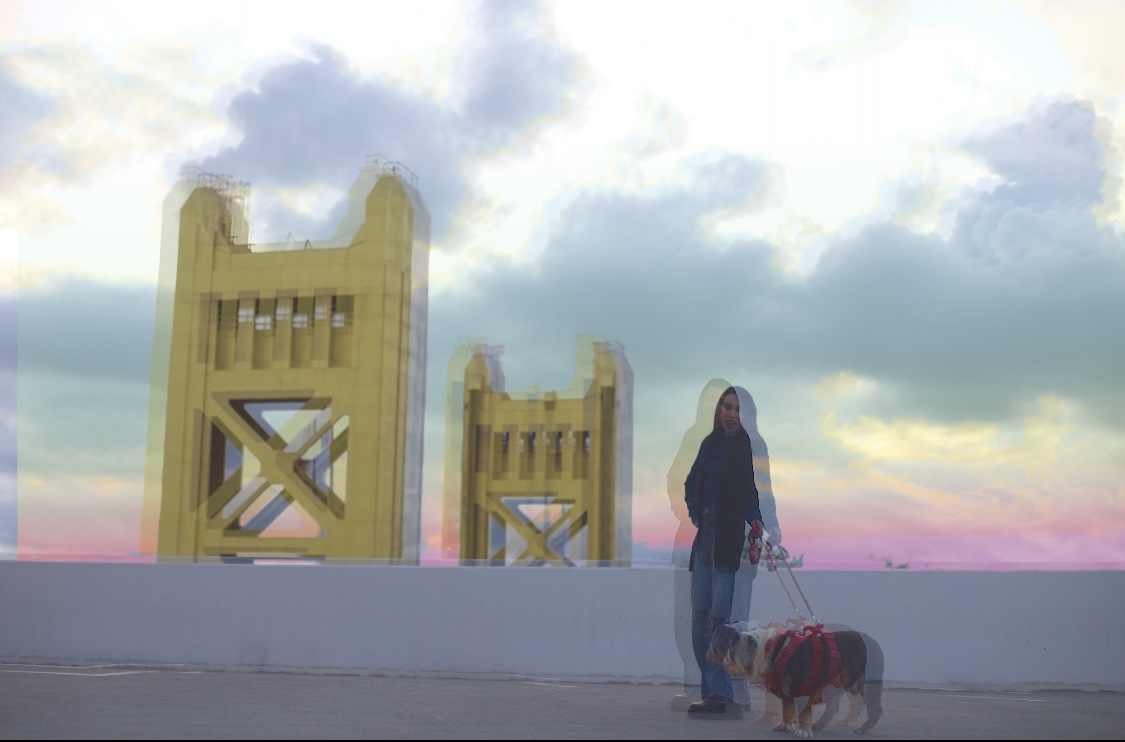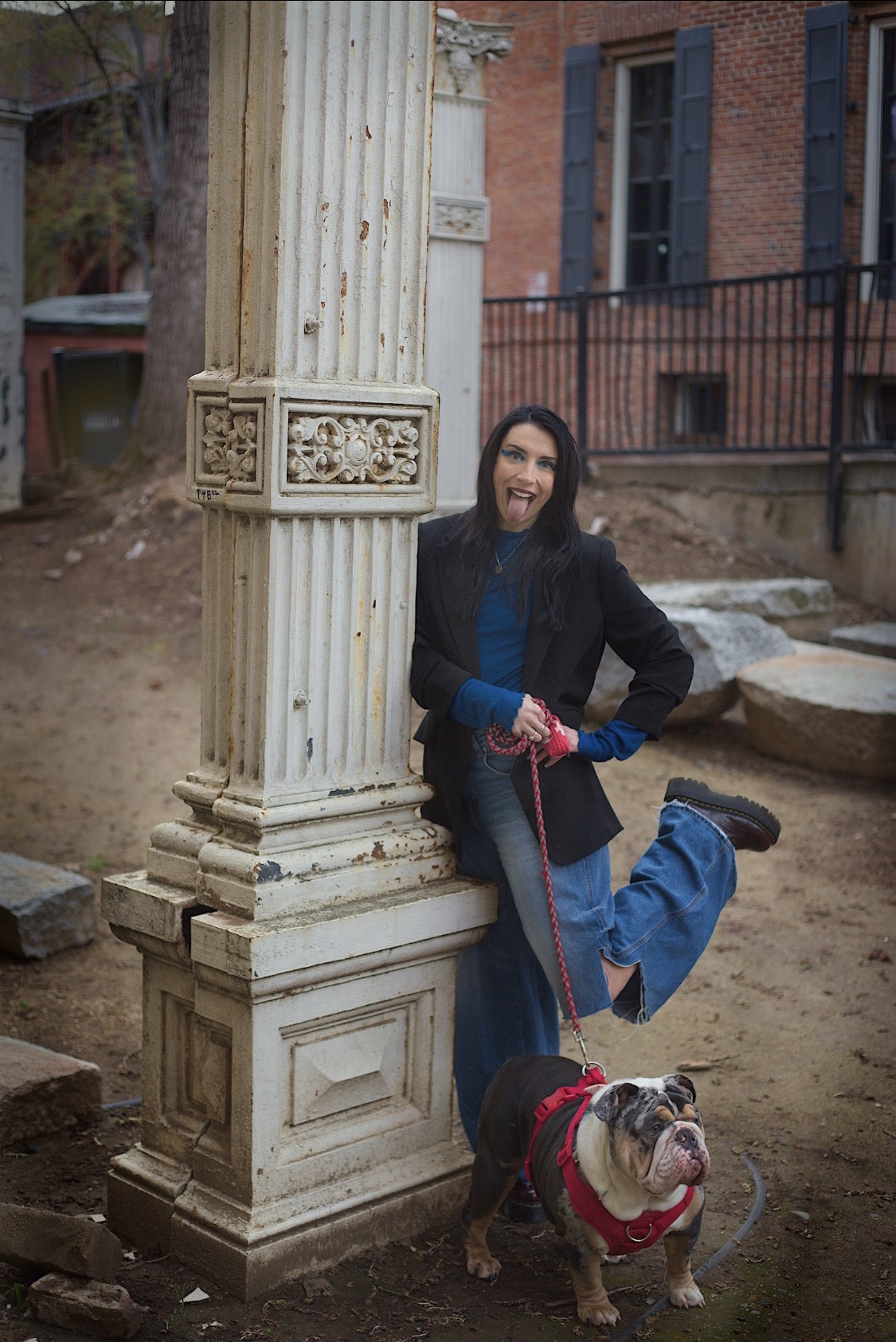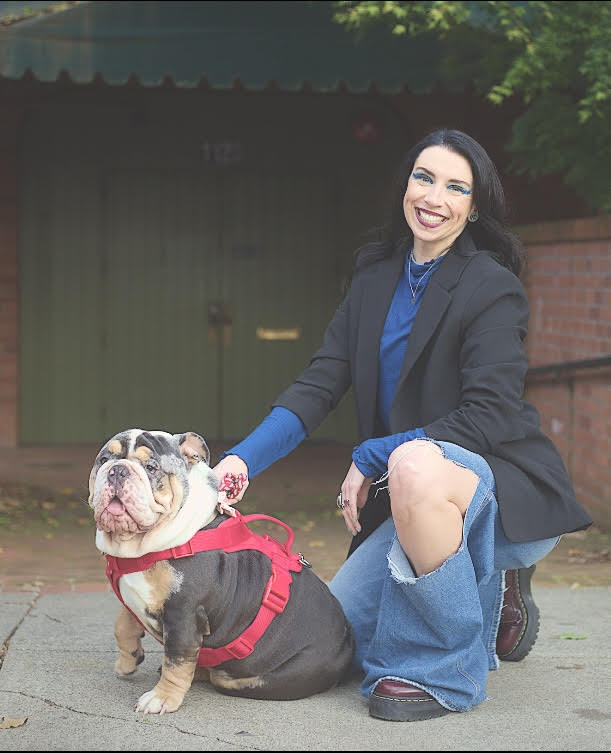We recently connected with Alice Magnusson and have shared our conversation below.
Alice, appreciate you joining us today. We’d love to hear about the things you feel your parents did right and how those things have impacted your career and life.
My parents did a lot that was wrong, and that is exactly what they did right. I was an only child, so many people speculate that I was “spoiled,” and the truth is that I had what I needed materialistically but nothing else. I was never enough to my father who also sexually molested me. I was unpredictably perfect to my mother. Some days she showered me with love and attention, and other days I did not exist no matter what my needs were, one of which was being believed and protected from my father.
This dynamic set me up to find ways to emotionally regulate that most would call unconventional or “weird.” I pushed imaginary buttons to disappear and fly away when I was trapped; I believed in magic far longer (and still do) than my peers. Alone, imagination led me to find strength from within. When I am among a group of people, most of whom have happy memories of their childhoods, I have often searched myself for where that joy was found in my own childhood. The answer is that I found joy in believing I would someday be able to have joy outwardly as an adult when I escaped my childhood. This taught me to learn to survive without help. Some still call me hyper-independent, and then I cleverly remind them that no one stays forever.
I learned to use music, art, my imagination, writing, poetry, books, animals, pen pals as a means of finding the things my parents did not do right to replace that emptiness they had left within me. As an adult, I often feel the most seen and understood when I am by myself in nature or curled up with my fur family. While some may see this as a downfall, it has been a skill I see many people struggle with in their adult lives because their parents were so incredibly good and did everything right. These people do not know how to face hard things, and I have been doing that since I was born.
Ultimately, my parents’ inadequacies brought me an internal foundation that is unshakable. I know where to go for support, and I often use things I have done to survive as suggestions for my clients when they are in rough waters.
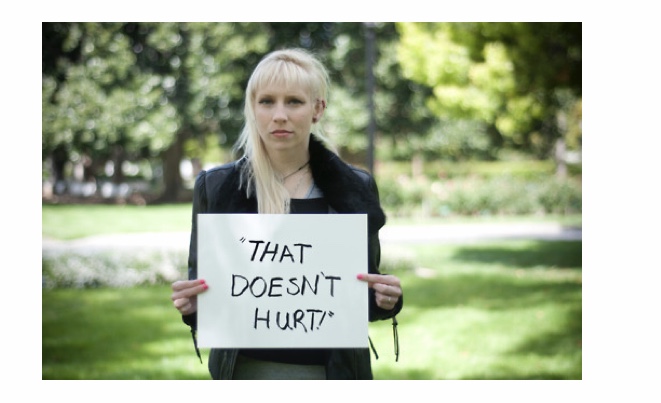
As always, we appreciate you sharing your insights and we’ve got a few more questions for you, but before we get to all of that can you take a minute to introduce yourself and give our readers some of your back background and context?
Oddly enough, I was about 6 years old when I decided I wanted to be a mental health therapist/psychologist. I remember where I was. I was sitting in the back seat of my parent’s car as we drove from South Lake Tahoe down the 89 to where we lived in Markleeville. At that time, I was being badly bullied by people at my elementary school. The abuse lasted for three years. I was seeing a school psychologist to aid in the situation; however, our sessions consisted of playing with glitter and markers. These “therapeutic” sessions did nothing to prepare me for how to defend and protect myself against the violence and sexual abuse I was experiencing. I remember rounding that corner on highway 89 as we drove, looking at a specific rock among the pine trees, and knowing that I was going to grow up and protect people who were being hurt because no adult I knew seemed to be very good at it. To this day, my favorite part of working with children and adults alike is teaching them to protect themselves, to stick up for themselves, to scream and yell until someone hears them. This is how we get what we need.
When I finished high school, I attended UC Irvine where I double majored in ballet and psychology. I loved my psychology classes. I found them fascinating and validating. There was research to back my childhood trauma, and I was right. I was not given the care I needed at a young age. I transferred my Junior year of college to UC Davis after a serious bout with an eating disorder landed me in inpatient treatment. I learned a lot from the therapy I received when I was hospitalized and took more ownership over my life that I had desperately wanted. I graduated from UC Davis in 2005 and finished my master’s in counseling psychology in 2008. I was on my way to becoming who I wanted to be.
I had several internships and volunteer opportunities that set me on the path that has led me to run my own private practice. I worked with adults with developmental disabilities, sex offenders, children doing art, play, and sand tray therapy, supervised Marriage and Family Therapy interns at the Sacramento Gender Health Center, lead groups with foster youth and survivors of sex trafficking, and I worked for a school district where I provided therapy to all ages of children in the special education system. Overall, all of these hours with clients for the last 17 years along with my own life experiences has funneled me into a niche I could not have predicted when I was 6 years old in that car.
I have learned that I can see the most progress in clients when I can be my most authentic self, and I am my most authentic self when interacting with various Queer clients who have experienced some form of complex trauma (a series of traumatic events that take place over a long period of time). I similarly feel that the Queer population, especially the transgender folx, are severely underserved by people who have knowledge and lived experience within the community. I have had many clients tell me that they spent most of their past sessions with a cis-heterosexual therapist simply explaining queer culture. Luckily, I live in the same queer world my clients do, so I feel very at home listening to them. I can see the relief that falls over their faces when they are truly seen by me, no footnotes needed.
Due to my life experiences and my own queer, non-binary identity, I have been able to cultivate a niche private practice for people who have not done well with the run of the mill therapist. I pride myself on being compassionately solution-focused and real. I offer later hours than many therapists can, and my dog and cats often join sessions. I have a podcast called Not Your Normal Therapist on Spotify where I am just me, but I also share some of my own opinions and thoughts on various areas of the mental health world, which is truly endless. I want my clients to know they are not being judged by me and that I hold these humans in the highest regard. I view our time together as sacred, and I am very proud to be in a position now in which I can truly be myself. I think this gives my client’s the opportunity to feel safe to do the same.
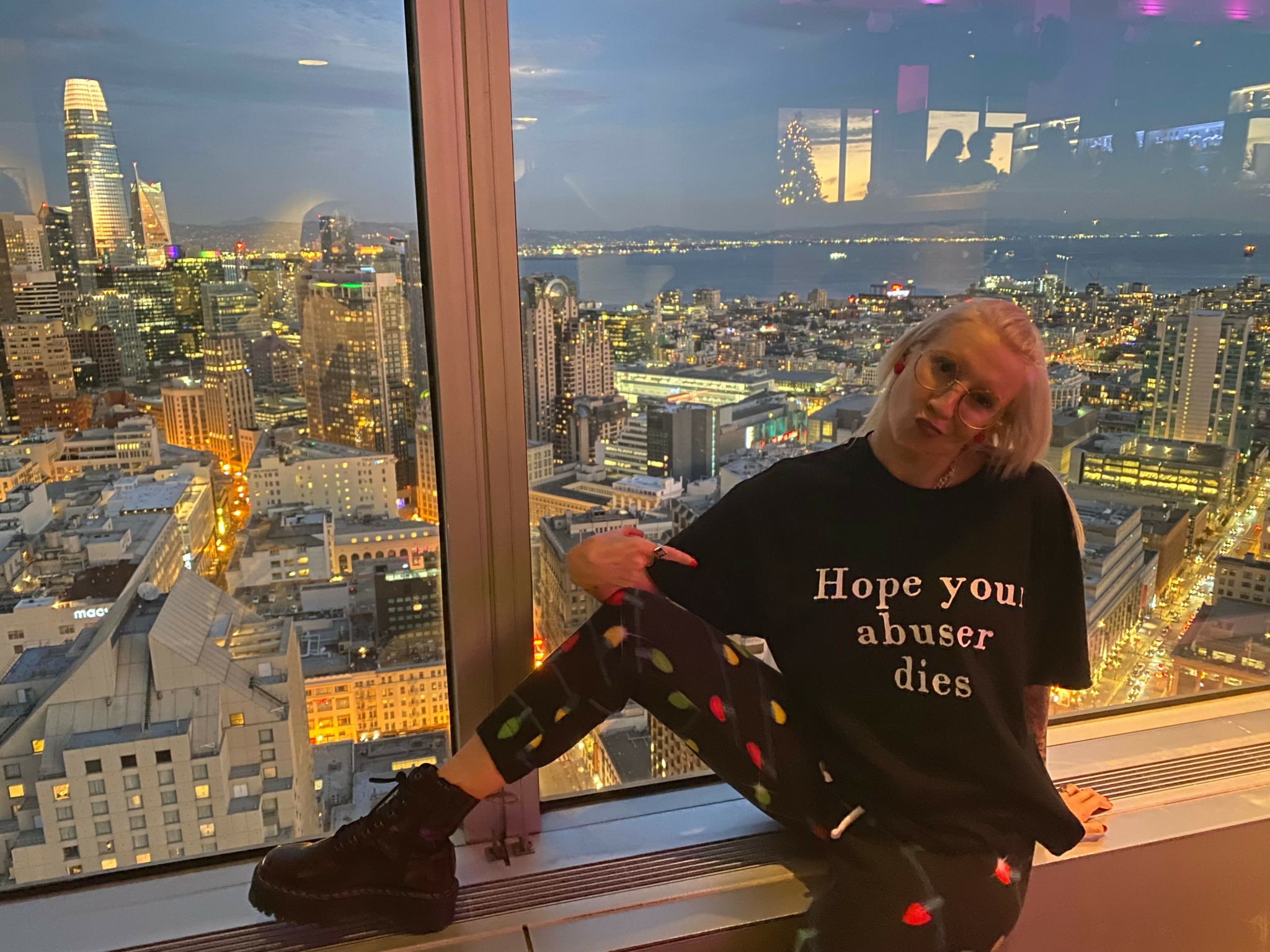
Training and knowledge matter of course, but beyond that what do you think matters most in terms of succeeding in your field?
I strongly believe that lived experience, the ability to empathize with someone is most helpful in succeeding as a trauma therapist. I feel like without it, a therapist can do serious damage to a client by pushing someone to open up or try various interventions too quickly. For many people, their trauma was often not believed and/or it was forced upon them. If a therapist does not have the ability to feel what the client is feeling, they run the risk of retraumatizing them, which is extremely damaging and dangerous to that person’s mental health. This same concept goes for any queer client. Sometimes people are not ready to look at themselves honestly when they first enter therapy, and that is okay. It is my job to provide comfort and safety that is accepting of however they show up that day. Queer and gender identity can change over a lifetime, and it is not my job to dictate that to someone. It is my job to live it with them and offer compassion where they may not yet have it for themselves or from others in their outside lives.

We often hear about learning lessons – but just as important is unlearning lessons. Have you ever had to unlearn a lesson?
I think the toughest lesson to unlearn was that I was unworthy of success. Due to my childhood, I was often told not to speak on things, to do what I was told, and to not stand out in any way. In fact, one of the things my father said to me that hurt the most when I was a teenager was, “We tried our hardest to make you turn out as normal as possible, and we failed miserably.” Yet, I had been trying desperately to be perfect to them for years with it only to never be good enough.
It was when I entered graduate school that I severed the relationship between myself and my parents to rid my mind of negative background noise. I had realized by that time that if I was going to succeed at all in simply survival, I was going to need to cut ties with anything that was bringing me down. This was the first time I was able to be myself, and my life improved dramatically.
I discovered after letting go of that relationship that people actually liked me, that I was good enough just as I was, that I did not have to be anyone else but myself to be quite good at my job. I had physical evidence of this in my grades, my professors, my friendships, my coworkers, and my ability to naturally work well with what everyone back then saw as “difficult” clients. I did not see them as “difficult.” I saw them as unseen. I felt so lucky to finally find their truth and celebrate it with them. I was able to see them because I had been unseen as well. I also began to write down all of the nice things people said about my work and collected all of the positives rather than feeling the negative tapes I was played by my parents. Unlearning past negative statements and embracing the positive was the key to my success.
Contact Info:
- Website: https://www.psychologytoday.com/us/therapists/alice-magnusson-hayward-ca/1215443
- Instagram: Notyournormaltherapist
- Other: Spotify Podcast: Not Your Normal Therapist
